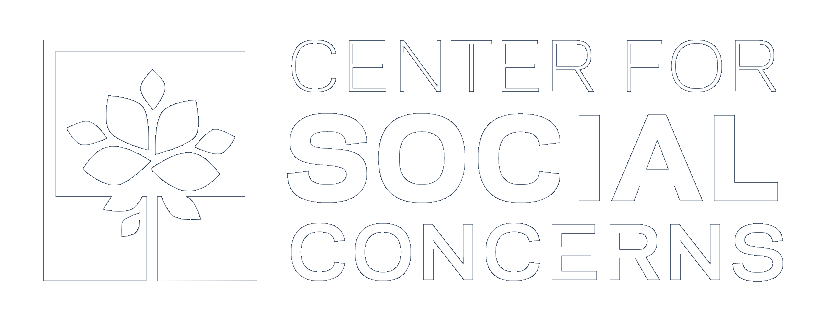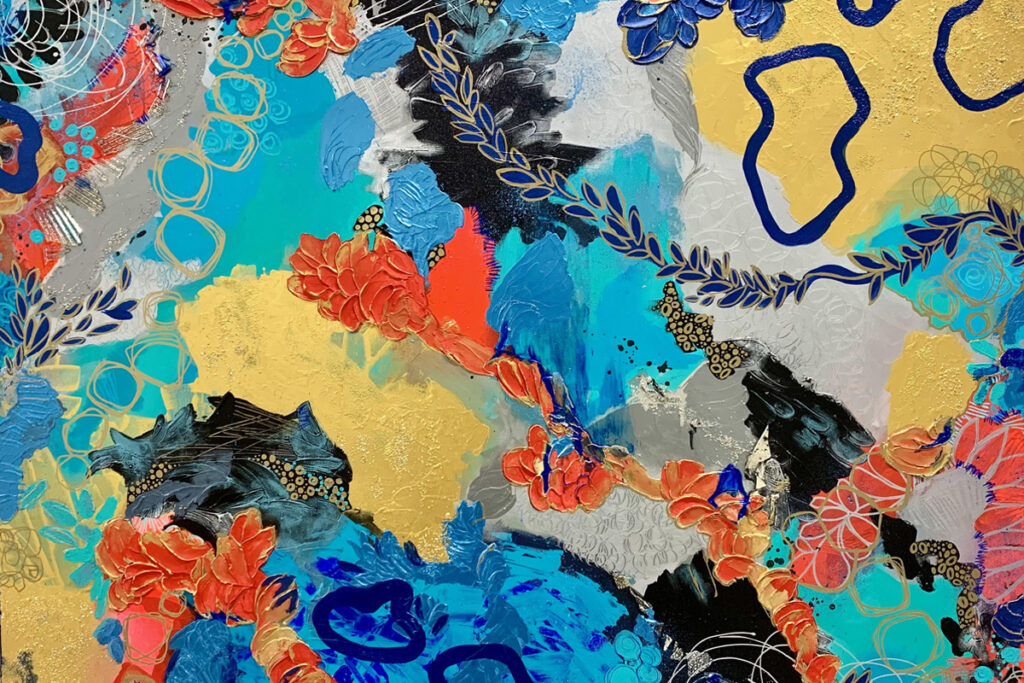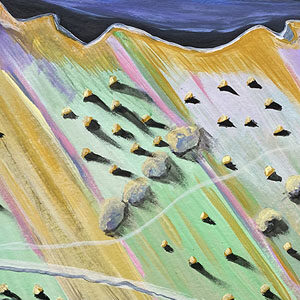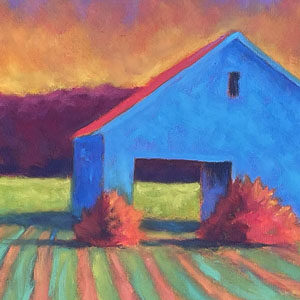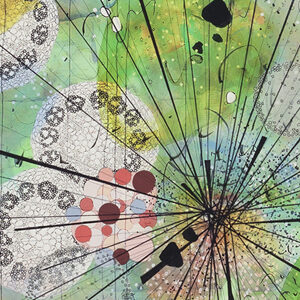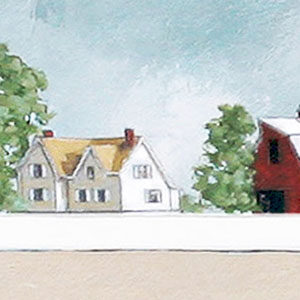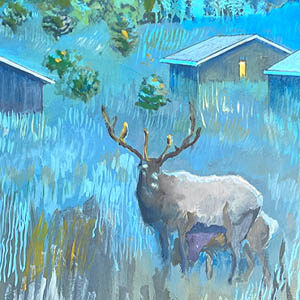Those only are happy (I thought) who have their minds fixed on some object other than their own happiness; on the happiness of others, on the improvement of mankind, even on some art or pursuit, followed not as a means, but as itself an ideal end. Aiming thus at something else, they find happiness by the way. —John Stuart Mill
This magazine is an open invitation. Virtues & Vocations: Higher Education for Human Flourishing is an invitation to a conversation, a community, and a set of contested aspirations for both how we ought to live together in this world and how higher education might serve those aspirations. It is also animated by a highly contested, largely untested hypothesis that higher education can, in fact, promote human flourishing. In this magazine, when we talk about flourishing, we do so as Aristotle did, rooting it in the cultivation of character.
But we also understand the importance of integral human development as Pope Paul VI did in his 1967 encyclical Populorum Progressio when he called for the formation of the whole human—mind, body, spirit—and for the development of all of humanity. We consider flourishing as Martin Seligman did in his 2011 book, Flourish, connecting it to happiness, meaning, and justice. We aspire to what Maya Angelou famously quipped, “My mission in life is not merely to survive, but to thrive; and to do so with some passion, some compassion, some humor, and some style.” Here we also understand human flourishing as Rosalyn Berne does in this issue. We recognize that we cannot flourish unless we understand how we are connected to all creation. Human flourishing acknowledges an interdependence and responsibility to the non-human world as well.
This magazine is a product of an initiative with the same name, Virtues & Vocations, supported by the Kern Family Foundation and hosted by the Center for Social Concerns at the University of Notre Dame. The initiative seeks to foster a community of thought and practice to integrate questions of character, meaning, and purpose into pre-professional and professional education. In this conversation, there is a temptation to move quickly to practical matters—how to develop habits and disposition or what this means for teaching and learning. There is a temptation to police education and professions with codes and rules of compliance rather than inspire vocation and nurture ways of being. We move quickly to the practical because so many things seem so broken or devoid of meaning. Our students, our families, our neighbors, our colleagues, and our friends are struggling as much as the world they inhabit is struggling. We work to fix a wounded world.
Virtues & Vocations cares about what is practical—that’s why, for example, we hosted an Engineering Education Workshop and will be hosting faculty from around the country through our Integrating Virtue Together initiative. It is why our monthly newsletter shares best practices and reviews the latest scholarship. But teaching tips and talk of habituation are empty if we lose the bigger vision, which is nothing less than the pursuit of human flourishing. As Hartmut Rosa (2019) tells us in his sociology of the good life, Resonance, we need to rethink our individual relationships to the world to flourish.
Decades ago as an aspiring academic sociologist, I was enthralled by Peter Berger’s Invitation to Sociology (1963) where sociology was not just an academic field, but a way of being in the world. I began to see and engage the world with what C. Wright Mills called the sociological imagination where, “Neither the life of an individual nor the history of a society can be understood without understanding both.” We hope this magazine shares a way of being, thinking, and doing in the world.
At the center of this effort then—the magazine and the broader initiative—is a community where different voices are encouraged, heard, and valued—across races, religious backgrounds, and the political spectrum, but also where voices from public and private institutions, small colleges, and large commuter campuses, are encouraged and welcomed. We need all these voices and perspectives as we pursue human flourishing through the institution of higher education.
And thus, in this inaugural issue, we have invited a diverse set of scholars to reflect on the question of whether universities ought to care about virtue. We also explore this theme through the art in this issue, which juxtaposes the natural world, cultivation within nature, and the built environment. We use art liberally in this publication as a reminder of the relationship between beauty and flourishing, and as a reminder that flourishing is not only, or even primarily, a cognitive enterprise.
A frustrated student once asked me at the end of a lecture on immigration policy and the common good why I cared if they were a good person or a happy person. Confused and flustered, I conjured a range of alternatively scholarly and sarcastic responses about the good life and the interdependence of human flourishing. I thought of Jericho Brown’s 2019 Tradition and the verse “There is the happiness you have. And the happiness you deserve.” But also realizing fully, perhaps for the first time, that I believed deeply that cultivating character was the telos of a university education, I simply said “Because it is my calling.”
Welcome to Virtues & Vocations.

–Suzanne Shanahan
